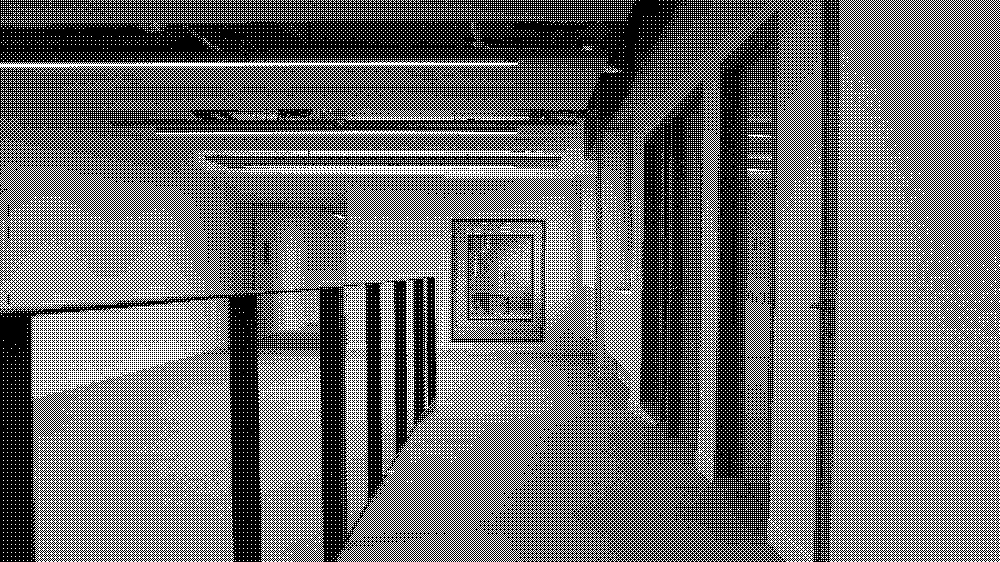ENSA Paris-la Villette’s research teams work in the fields of architecture, urban planning, territories and landscapes, drawing on philosophy, sociology, anthropology, history, geography, digital humanities, cognitive sciences and design sciences.
There are six of them, belonging to CNRS joint research units or reporting to the French Ministry of Culture.
AHTTEP complements and extends the lines of research pursued at ENSAPLV, in particular through its historical approach. This involvement is conceived as a resource for the development of new ways of looking at the major issues of our contemporary era as they affect our built and organized environment: the environmental and energy crises, the phenomena of metropolization and the globalization of trade, etc.
The aim is to question architecture as a cultural field through its various forms of mediation. Research programs include the history of construction techniques and urban engineering, intercontinental material and immaterial exchanges, and the relationship between transport, urban form and urbanization.
Direction: Antonio Brucculeri
This is a multidisciplinary team of historians, geographers, philosophers, architects, landscape architects, visual artists and artists. The common aim of the members of the AMP research team is to think and rethink human works, so that their inscription on the earth contributes to the creation of sustainable, habitable and liveable environments: works that are concerned with their effects.
Management: Rosa De Marco, Olivier Jeudy and Christian Pédelahore de Loddis
Architecture, urbanism, philosophy, the epistemology of the project, architectural invention, design tools and the representation of architectural invention, as well as new settlement issues related to natural hazards, are the laboratory’s main areas of research.
GERPHAU welcomes researchers from a variety of disciplinary backgrounds (architects, urban planners, philosophers, landscape architects, visual artists, ecologists, etc.).
Director: Xavier Bonnaud
The LAA is working to define an anthropology of urban and territorial transformation as a collective process in which the material fabrication of space is only one of its components. Observation of space “in the making” is critically combined with ethnography and analysis of the various figures (inhabitants, architects, decision-makers, etc.) who contribute to and participate in the transformation. The aim of the LAA is to keep together these three moments and their intertwined and confronting horizons in the life of the city: the “inherited city”, the “present city” and the “projected city”.
Management: Alessia de Biase
The LET’s interdisciplinary approach is built around teachers and researchers from the fields of architecture, urban planning, sociology and management sciences. The team studies the changing modes of action contributing to the making of architectural and urban spaces, with a particular focus on processes, trades and uses. The team helped found the Réseau activités et métiers de l’architecture et de l’urbanisme (Ramau). With this network, LET is interested in the diversity of professionals, the skills they mobilize and the relationships they maintain with each other.
Management: Véronique Biau, Michael Fenker and Jodelle Zetlaoui-Léger
The team’s research program is aimed at two types of output: the production of knowledge on design activity and its digital aids, and the production of new tools for the design, conservation and valorization of architecture.
Director: Joaquim Silvestre
Event
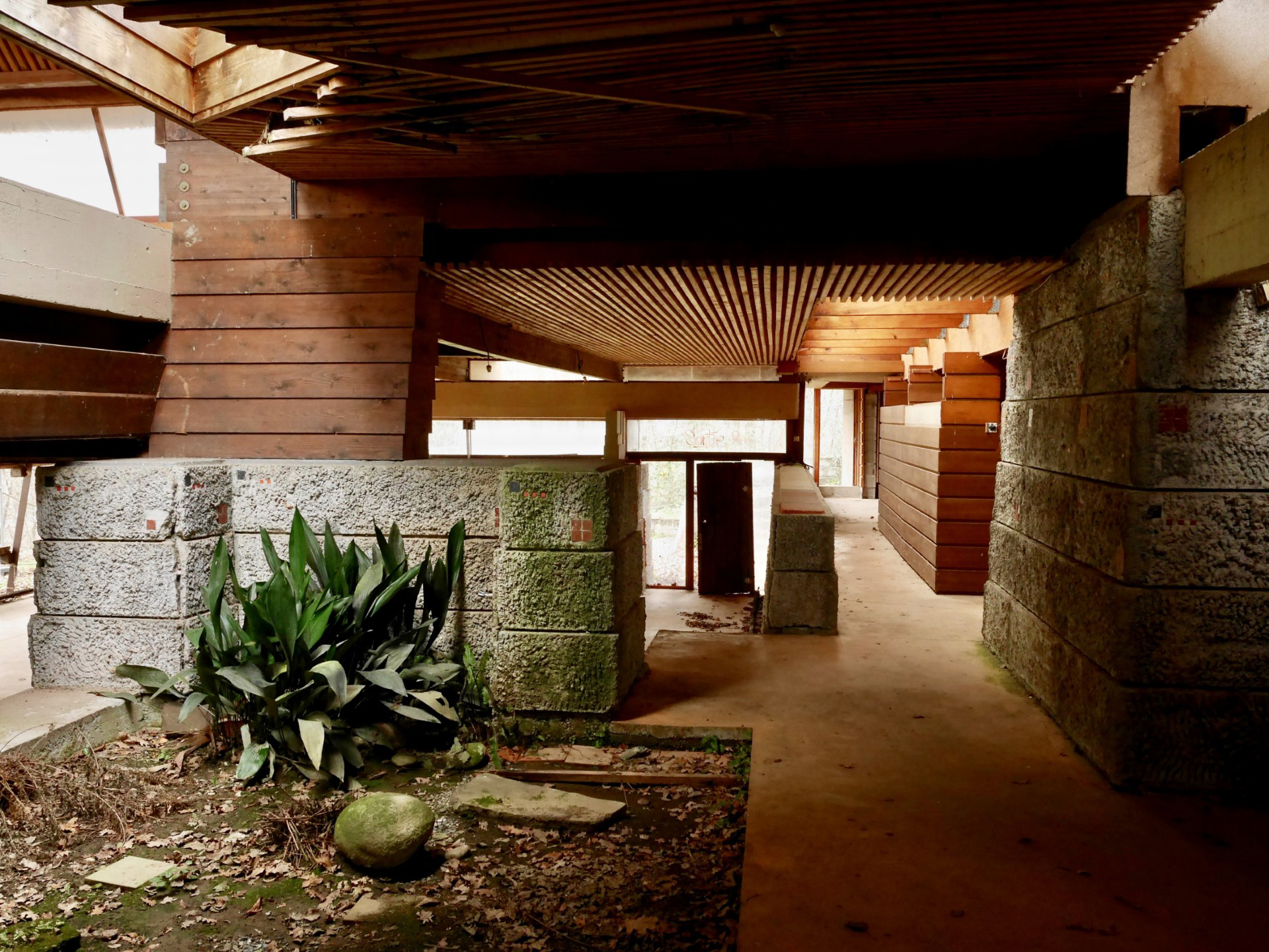 fromto
fromtoThe legacy of Frank Lloyd Wright in France: transmissions, appropriations, hybridizations
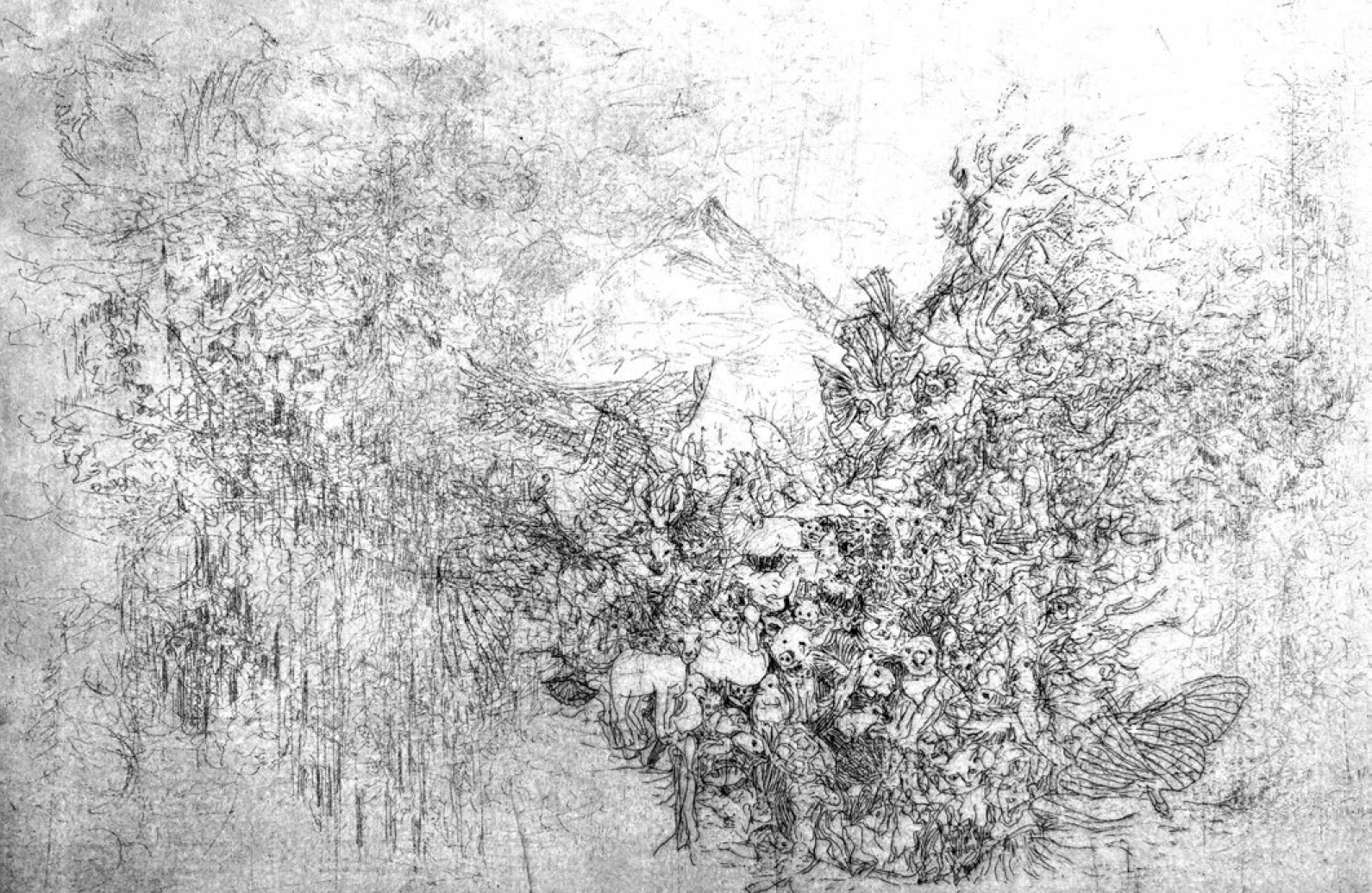 fromto
fromtoMarges de manœuvres #03: Faire, Defaire, Remaire: Interrogating the Reversal
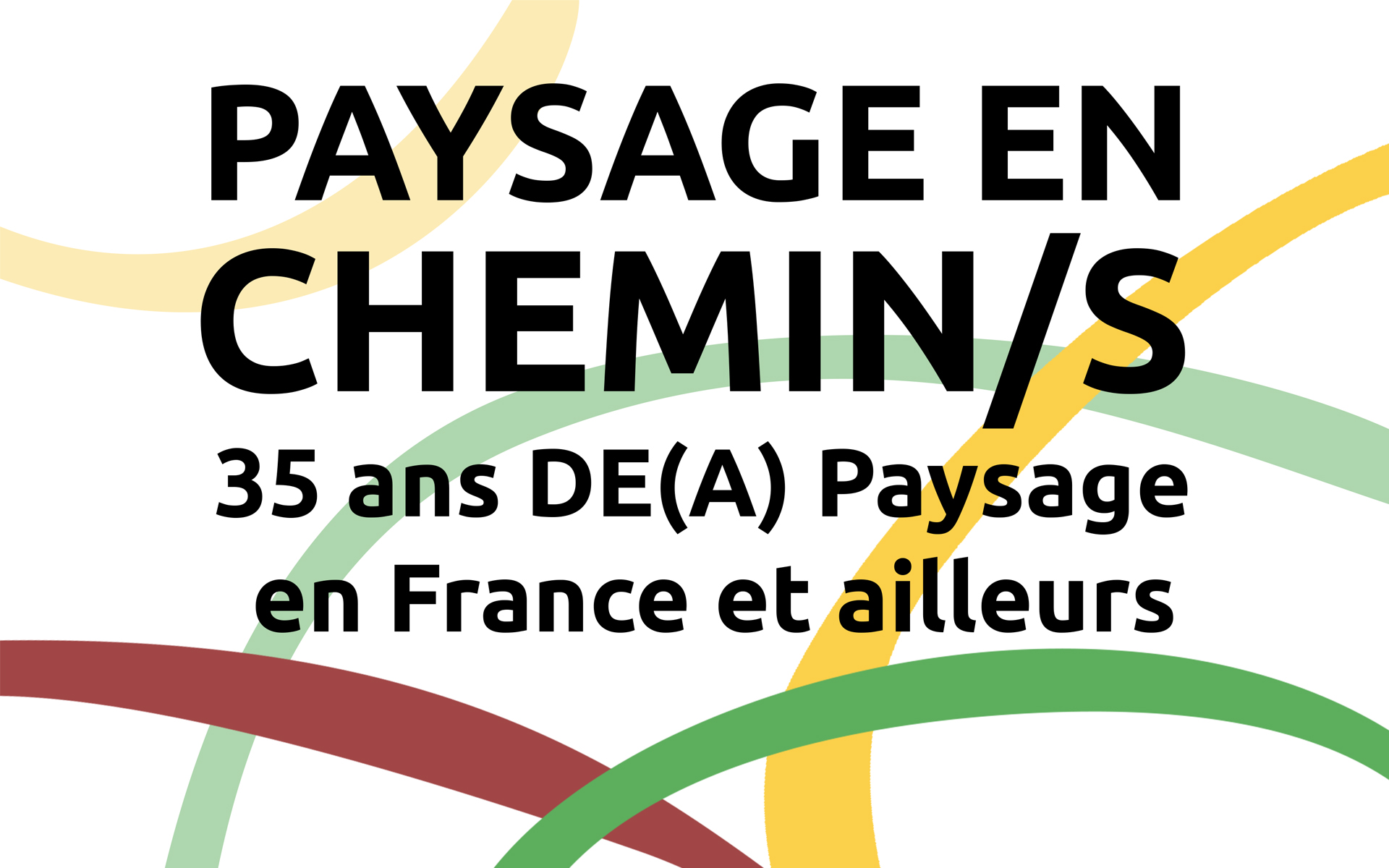 fromto
fromtoPaysage en chemin/s
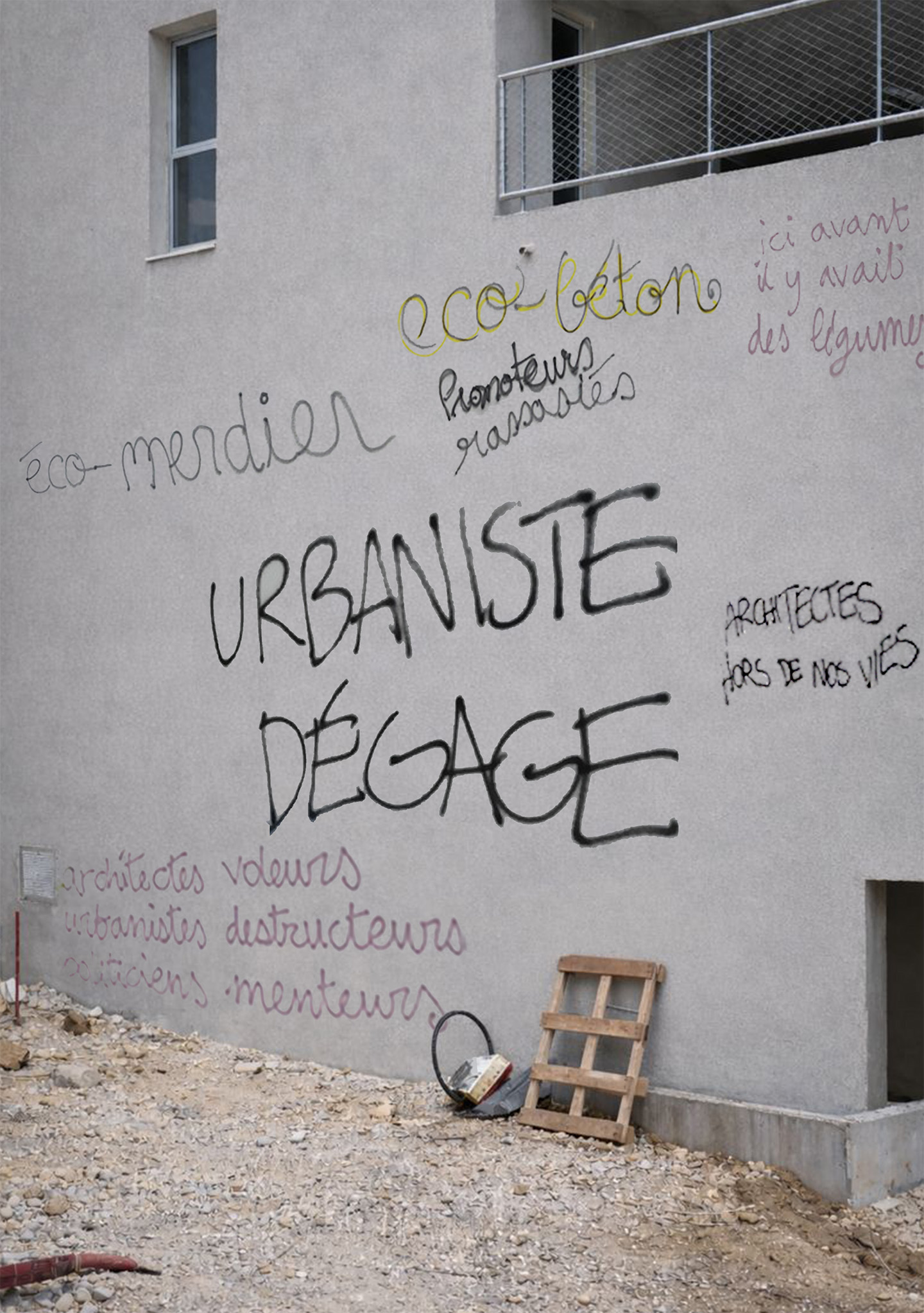 fromto
fromtoProject practices and citizen mobilization: living, protesting, experimenting
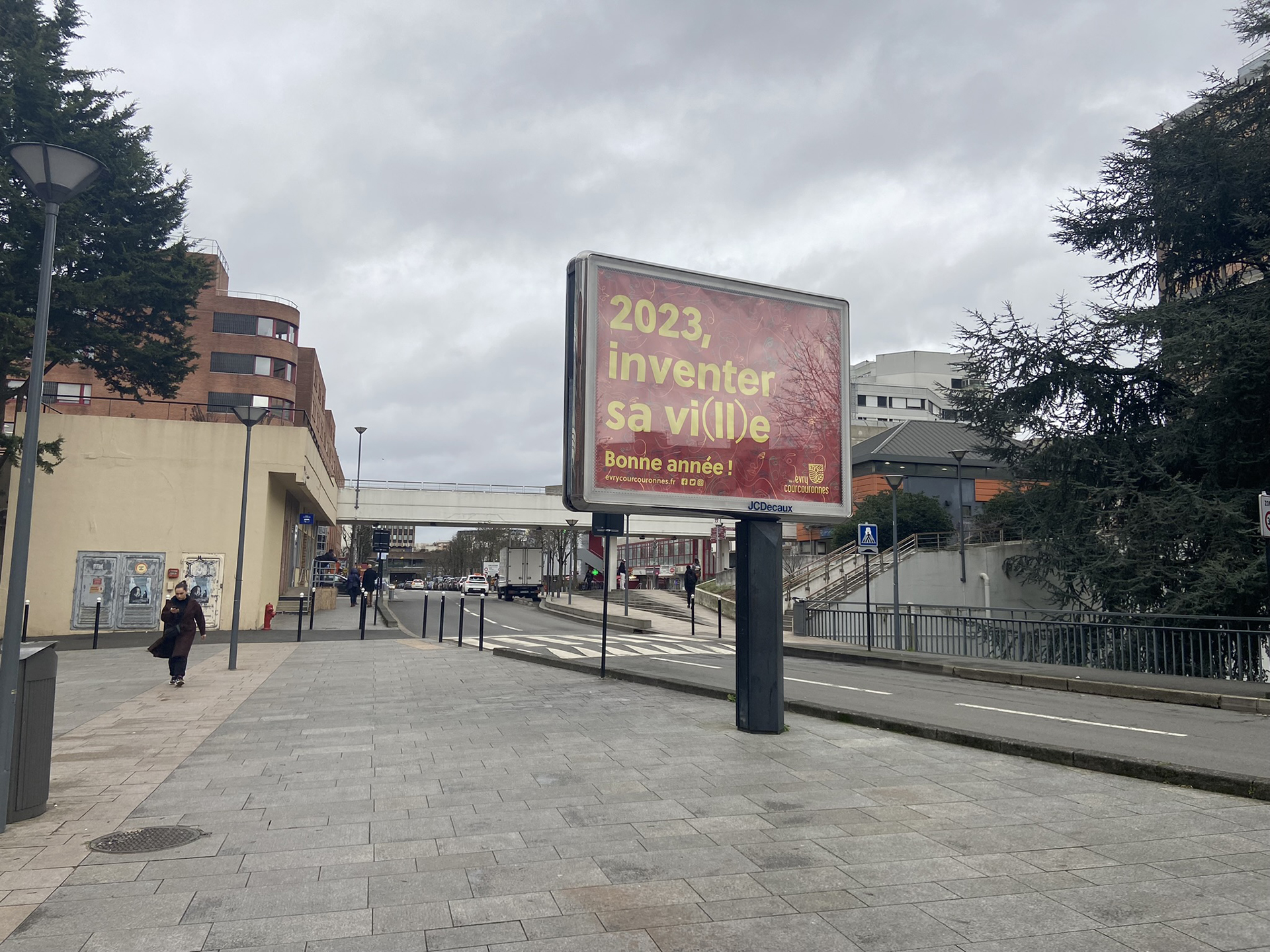 The
TheWhat's Up IGP ? (What's up IGP?)
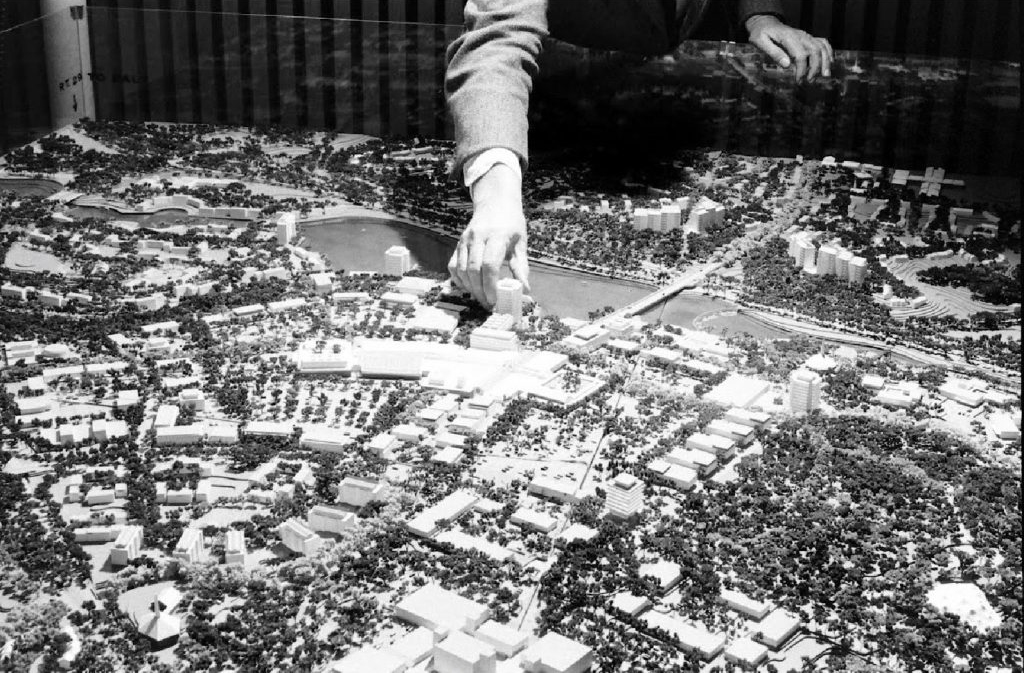 The
TheAHTTEP / Doctoral thesis defense : Loup-Marie Calosci
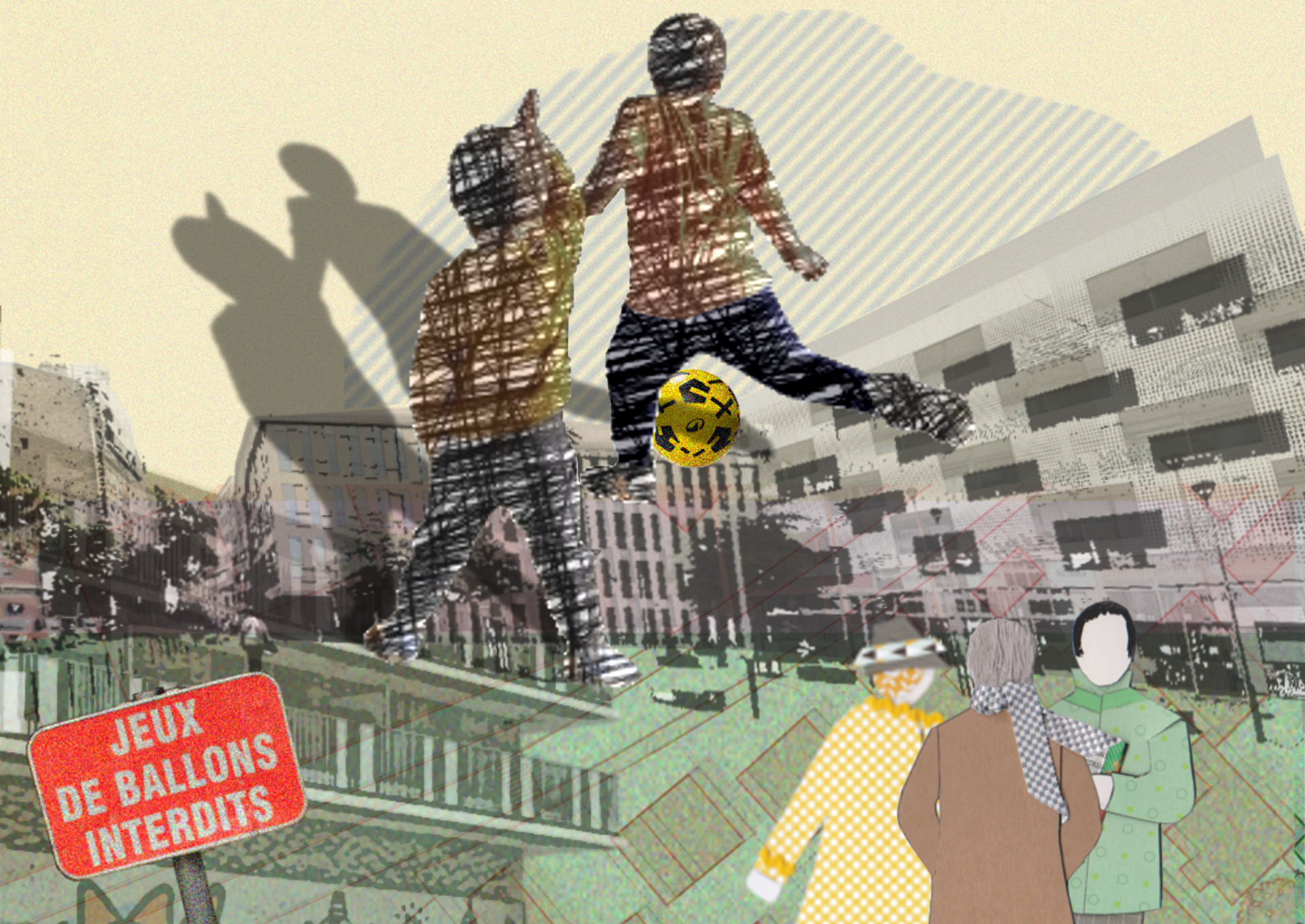 The
TheLAA-LAVUE / PhD thesis defense: Enoal Vancoillié
 The
TheMAP-MAACC and CRD / Doctoral thesis defense: Anne-Cécile Cochet
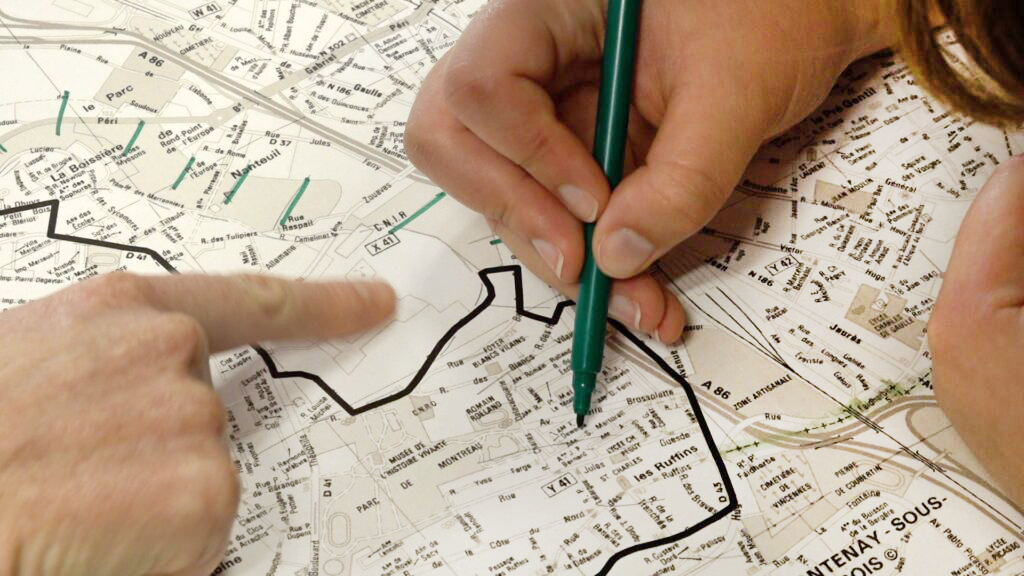 The
TheCiné-forum: territories in resistance - screening of the film "Urbanistes
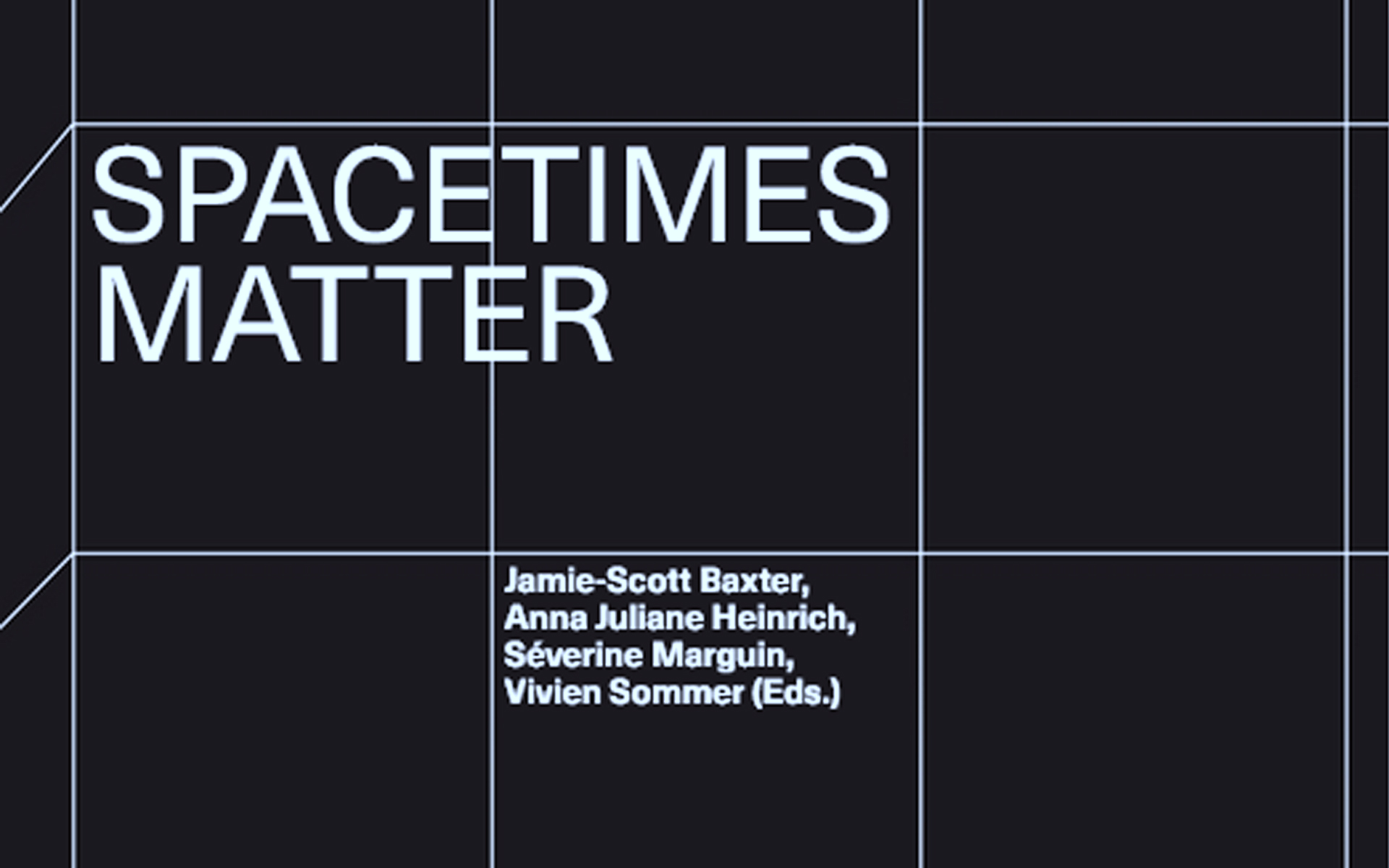 The
TheHybrid mapping methodology: Investigating the spatial refiguration of botanical gardens
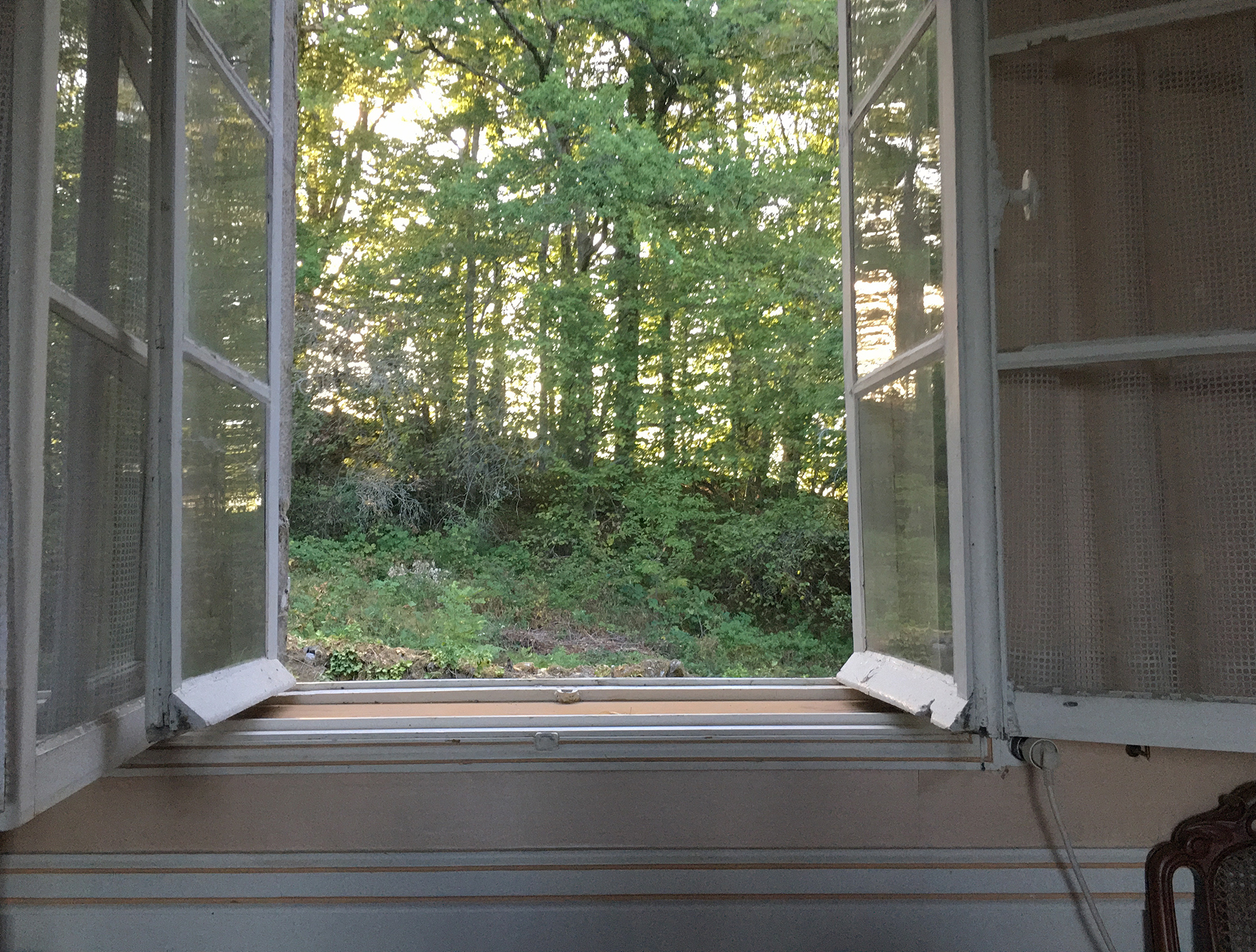 fromto
fromtoThe symbiotic hypothesis. Ecology, architecture, philosophy
News
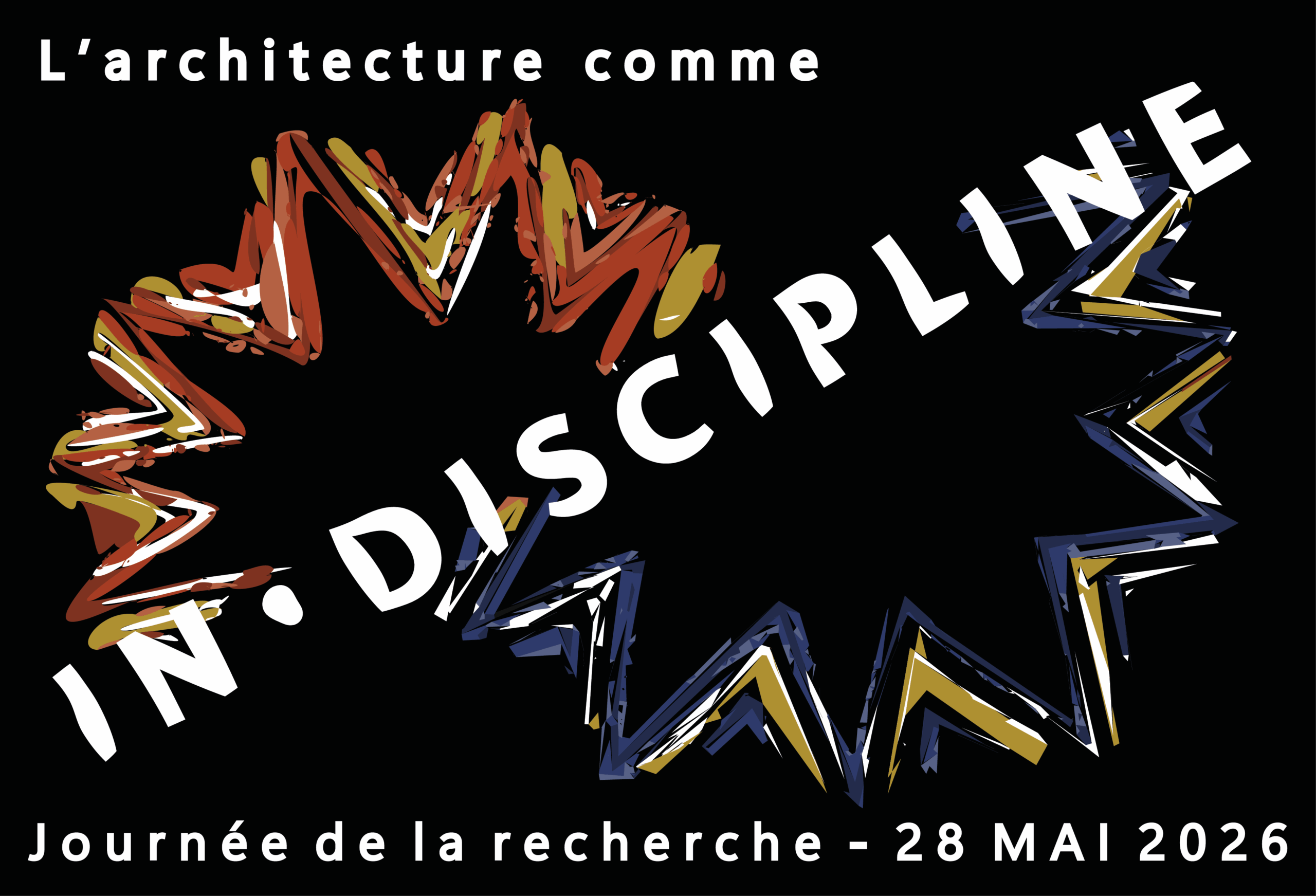
Call for papers - Languages, things, practices: architecture as an in-discipline
A call for papers has been launched for Research Day, an initiative of ENSA Paris-la Villette doctoral students, to be held on Thursday, May 28, 2026 at the school – site des Ardennes.
This day proposes to open the debate: “How can we think of architecture as an in-discipline, not to free ourselves from all rigor, but to experiment with our other ways of doing science?”
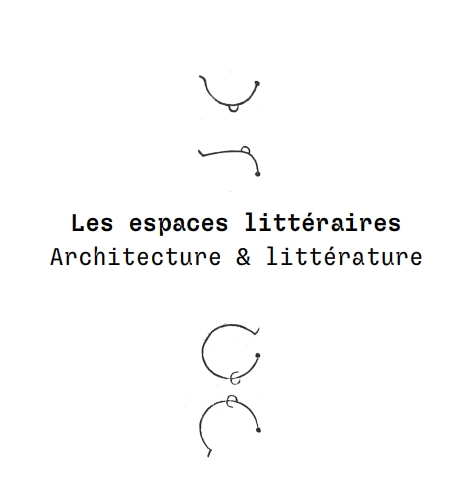
Call for papers - Literary spaces. Architecture and literature
A call for papers has been launched for two study days to be held on Wednesday May 20 and Thursday May 21, 2026 at ENSA Paris-la Villette – site des Ardennes.
These study days will focus on spaces as a point of decompartmentalization between the literary and architectural domains, and aim to bring together the ideas and knowledge of researchers and teachers, as well as professionals, artisans of space and language.
Three thematic orientations (not exhaustive) are proposed to future contributors:
- Inhabiting, narrating, “designing” space-time
- Reinventing space, thinking literature: literary theories and habitable heterotopias
- Landscape poetics
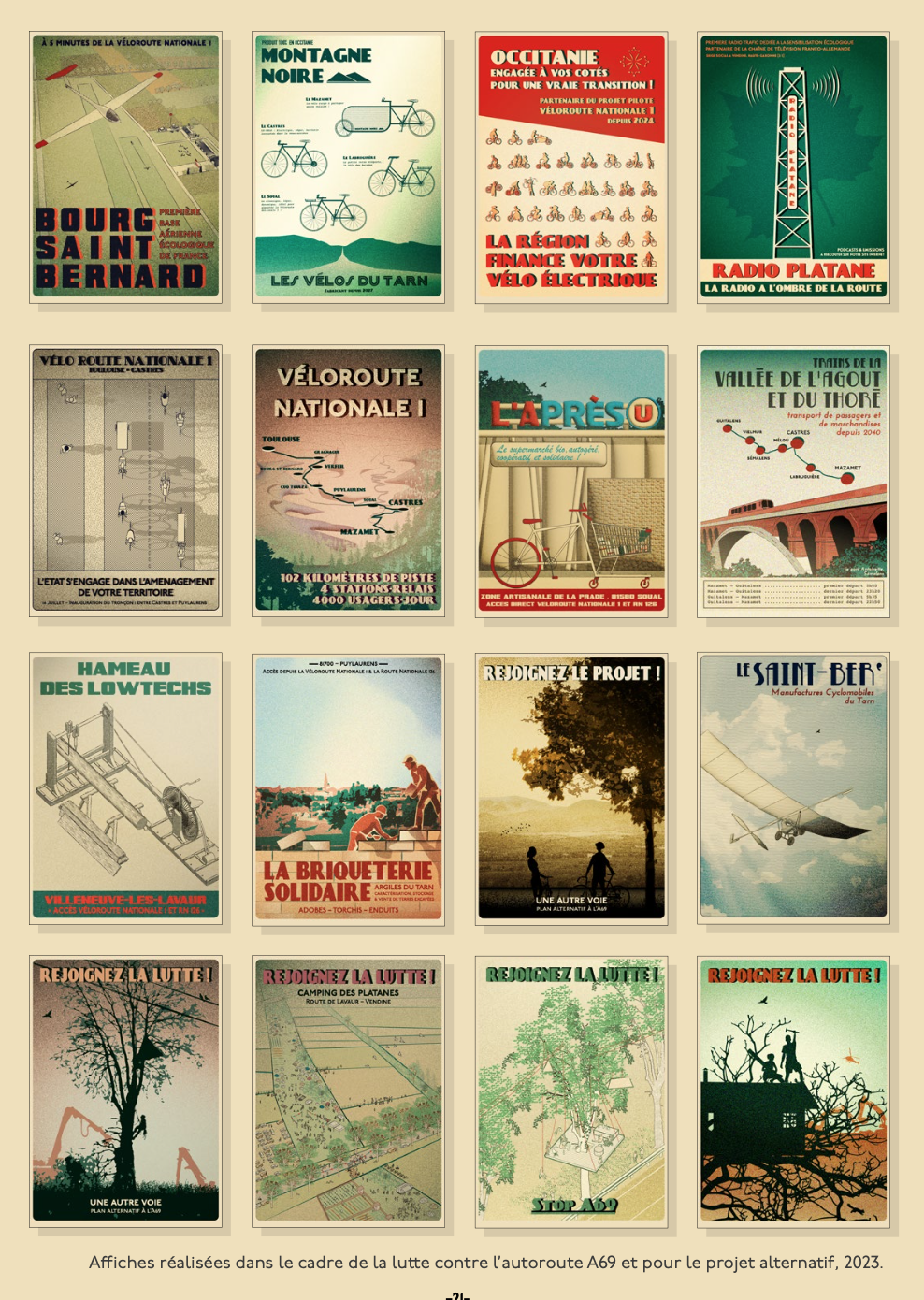
Call for papers - Towards new alliances: ecological struggles and territorial projects in contemporary rural areas
The Rencontres 2026 du réseau pédagogique et scientifique en architecture “Perspectives rurales” will be held from April 27 to 29, 2026 in the Haut-Rhin region of France.
Deadline for paper proposals: January 6, 2026 at midnight
Submission details:
The PERS network meetings are designed to appeal to a wide range of audiences: researchers from different disciplines, as well as local and civil society players. They will be organized in sequences. This call for papers is open to individuals as well as institutions, associations and collectives sharing the same concerns.
Three types of submissions are possible: sequences, papers and posters.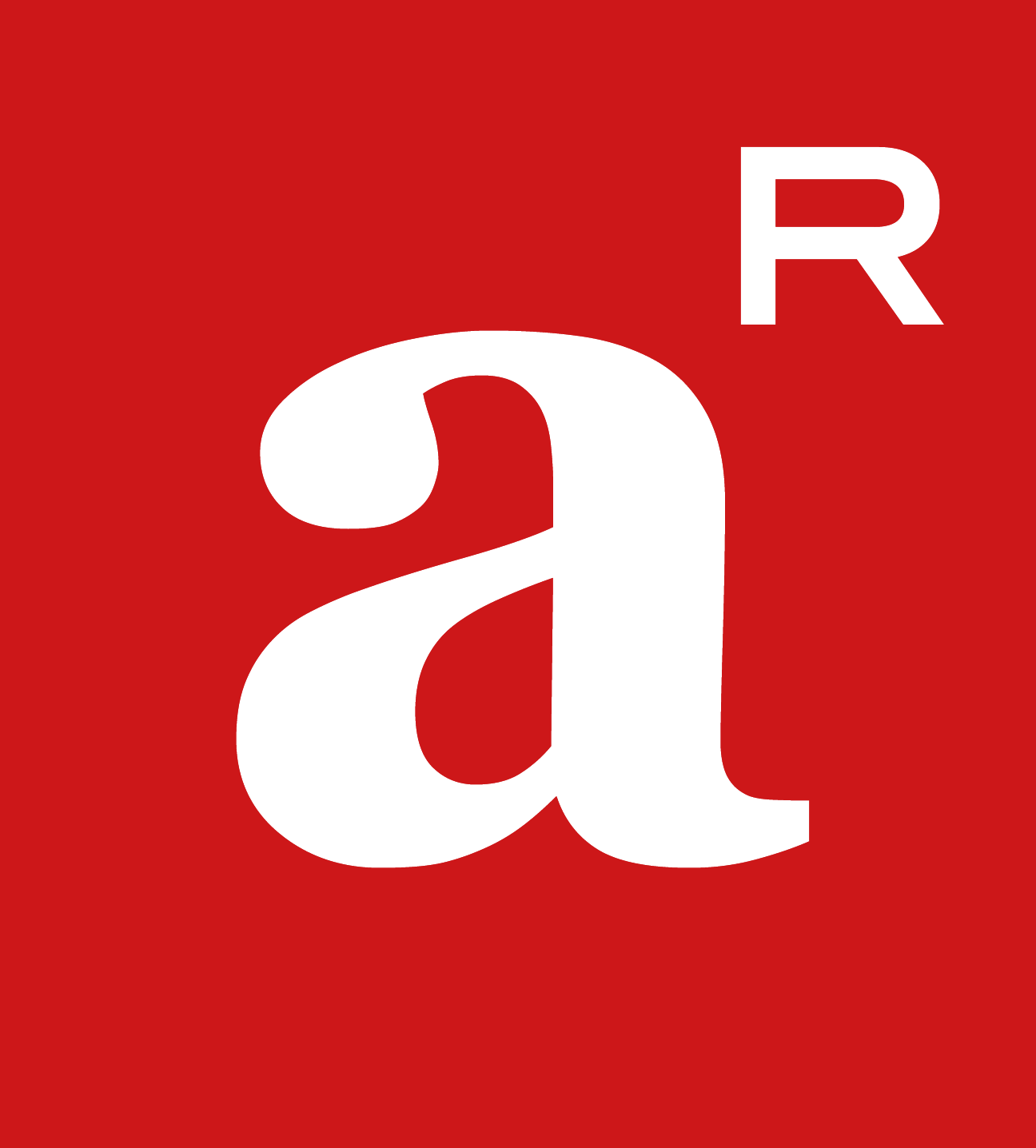
Are you about to graduate from a course in architecture and thinking of taking up a thesis?
Give yourself the opportunity to spend an extra year in a Post-Master’s program to consolidate your choice and acculturate you to the world of architectural research with a first experience in a laboratory!
Discover 10 good reasons to enroll in ENSAPLV’s Research in Architecture post-master program!
The first online application session for the 2025-2026 academic year will open from June 2 to June 30, 2025.
